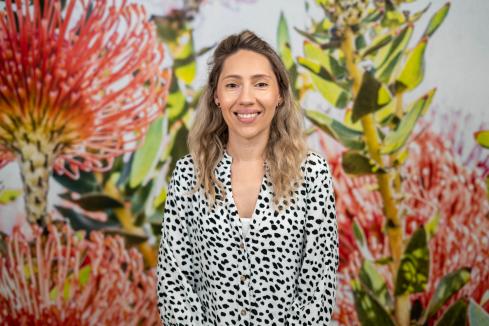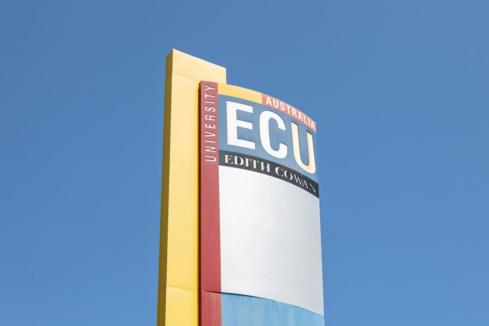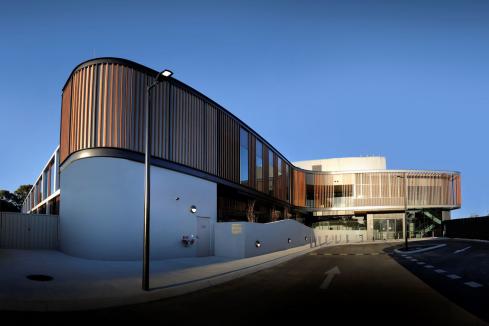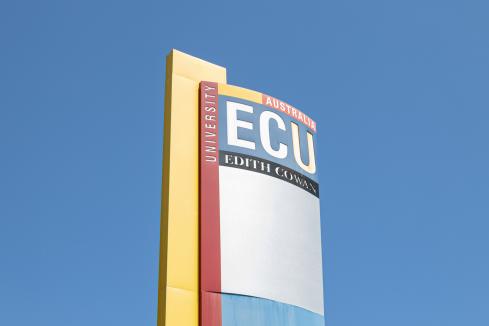Limitless WA: Academia is driving WA’s cyber security edge with both governments and businesses coming up trumps.

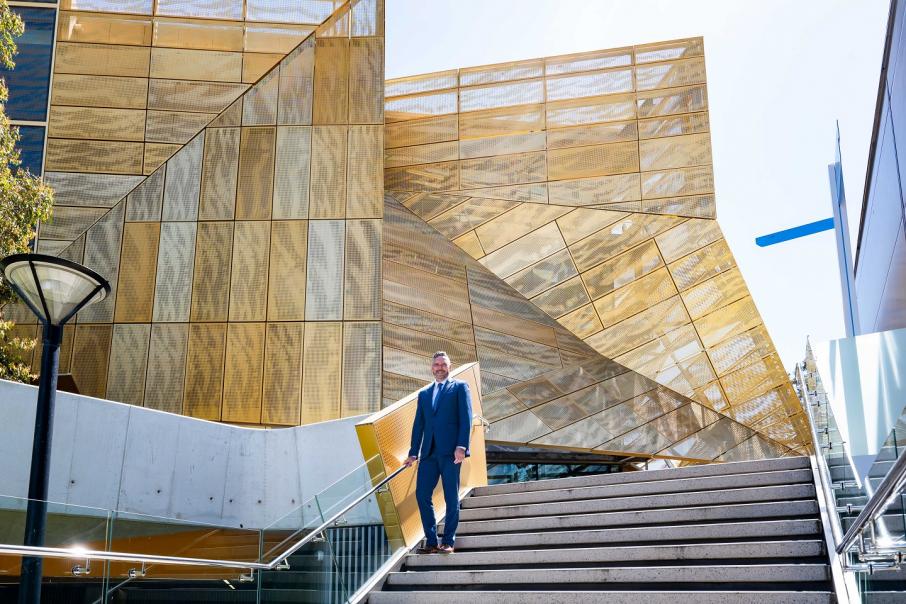
Edith Cowan University’s cyber security credentials are well established.
As the home of Australia’s Cyber Security Cooperative Research Centre, the birthplace of Sapien Cyber and the alma matter of renowned computer sciences academic Craig Valli, few other institutions have the personnel or facilities to compete with ECU.
How it came to dominate the field is as much a story of collaboration as it is academic excellence, with the seeds of the school’s cyber security expertise arising in the early 2000s when researchers began to take an interest in network security and digital forensics.
“For us, it was about getting involved in something we could make a difference [in],” Andrew Woodward, executive dean of ECU’s school of science, said.
“Particularly in digital forensics, we were working with WA Police to help them with some of the more insidious crimes, like child exploitation material.
“Where we are now in cyber security has evolved out of that and branched out into other areas.”
Some of that work has served as the foundation for major collaborations, including WA Police’s decision to base its technology crime services at ECU’s science building in Joondalup.
While details of much of the university’s collaboration are confidential, Dr Woodward is especially proud of ECU’s work creating SImPLE, a tool that allows police to retrieve images from computer drives without damaging its forensic integrity.
That software has been particularly useful for prosecuting instances of child exploitation, while cementing the university’s partnership with law enforcement.
“That’s been an enduring partnership which has been very beneficial for both sides,” Dr Woodward said.
Products for the private sector have also emerged, with the university’s CSCRC having had a hand in tools such as the Personal Information Factor, which was developed alongside the state government and CSIRO’s Data61 team.


Dr Woodward was forthright when describing the university’s approach to commercialising its research.
“The role of the CSCRC is, unlike some other forms of academic research, to produce [research that can be commercialised], and the projects we run there are always in conjunction with industry and are always on something that is of interest to industry,” he said.
“Effectively, unless an industry partner wants to get involved in a project, plain and simple, it doesn’t get off the ground.
“It’s certainly not blue-sky research.”
Those principles hold true of Sapien Cyber, which emerged from the CSCRC in 2016 as SC8. That venture proved particularly attractive to noted dealmakers John Poynton and Harry Karelis, who joined its board, as well as political heavyweights such as former defence and foreign affairs minister Stephen Smith, who is now its chair.

While the company owes its existence to IP developed by ECU’s researchers, its commercial value has been proven with notable customers such as Woodside Petroleum and multination national partners including Honeywell.
Partnerships such as that with the City of Joondalup have further validated the company’s commercial standing.
“At the end of the day, we’ve got cyber criminals here, and the important point here is, they’re criminals,” Sapien Cyber managing director Glenn Murray said.
“People use terms like hackers and so forth, and that really reduces that emphasis.
“When you’ve got a criminal, and there’s financial and political gain that can be obtained and move that in a cyber space where it’s a faceless attack … the two join seamlessly in that space.
“It doesn’t matter if you’re a private entity, a state entity, you will be exposed to a cyber-attack at some point.”
Mr Murray credits ECU as recognising the IP’s need for commercialisation at the outset and helping build pathways for students to take the university’s academic expertise into the private sector.
“We provide pathways … which now brings that cyber security knowledge that they’ve gained through ECU into us,” Mr Murray said.
“We also work closely with ECU understanding the new threats that are out there [and] the new capabilities, because it’s an ever-changing environment.
“If you stand still, the world will pass you by.”
Underpinning ECU’s commercial successes is research that, according to Dr Woodward, is opening pathways for students, whether that be scholarships or work-integrated learning programs with industry or government.
ECU’s move into the city in the coming years is set to deepen those connections, as students are physically closer to some of Perth’s biggest businesses.
Still, for what is one of the state’s biggest universities by number of staff and students, the focus remains firmly on ensuring students are prepared when entering the modern economy
“Students come to ECU because we’re largely a first-in-family university,” Dr Woodward said.
“We have a lot of students who come to us because they’re trying to better their place in the world, and we’re very focused on employability.”









